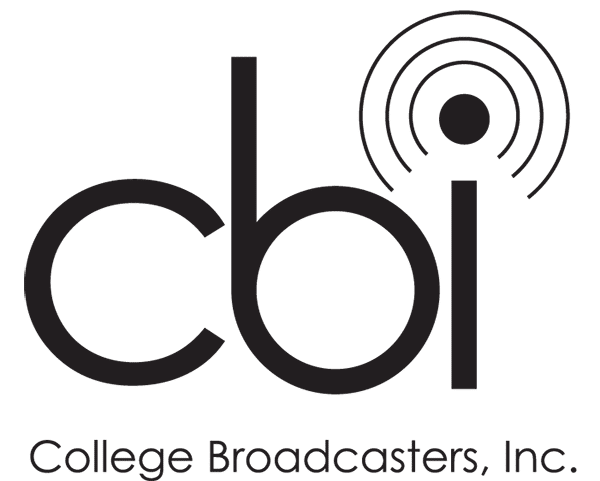March 18, 2011
KUSF Sale Runs into a Problem
According to a post on the Radio Survivor blog, part of the request to transfer the license included an ability to move the transmitter and antenna from the USF campus, which would result in a change in the coverage area. Because this change would impact other stations (including CBI member KALX), the request to move the transmission facilities was denied by the FCC.
What this means to the end result is unclear. A cursory review of Asset Purchase Agreement suggests to this author that the move (‘upgrade’) is an essential element to the agreement. If this is an accurate read, it means that the buyer and seller need to agree to a lease of facilities on the USF campus, the buyer needs to find another means of transmitting the acquired facilities in a manner that won’t interfere with KALX (and other stations).
Many suggest that the purchase price for KUSF was below market value and it seems that that the sale is predicated on the ‘upgrade’. This combination could spell problems for the sale of KUSF.
What next?
Be forewarned, the following contains a lot of conjecture.
As mentioned above, if it is true that the sale is contingent on the upgrade, the parties could renegotiate. A lower price could be in the works with a lease of space on the USF campus to offset the price differential.
The sale could be undone. If so, consider the fact that the former KUSF programming has been replaced by the buyers programming. If USF decided the sale was no longer a good deal based on the FCC action, what would it do? Would it return programming to those who have been formally in charge, would it seek other options, such as an LMA or to program the station with its own content? Given the price of the sale, would USF simply put up canned programming and seek another buyer? Who knows, but this authors thoughts are that the action by the FCC are not likely to result in a win for those who formerly programed KUSF and that is unfortunate.
Regardless, it will be interesting to see how this unfolds and how it might provide student stations a means to oppose the sale of an FCC license.
NOTE: The article above reflects the opinions of the author and not those of CBI or any other person or entity.



